The U.S. military has repositioned aircraft and naval vessels from key Middle East installations to safeguard personnel and assets amid rising tensions with Iran, two U.S. officials said on Wednesday.
The movements come as President Donald Trump continues to deliberate on whether to support Israel’s air campaign targeting Iran’s nuclear and missile infrastructure. The airstrikes, now in their sixth day, have triggered civilian evacuations in Tehran and increased concerns over regional stability.
In a related development, the U.S. Embassy in Qatar has temporarily restricted access to Al Udeid Air Base, the largest American military facility in the region. The base, located near Doha, plays a central role in U.S. operations across the Middle East.
The embassy cited “ongoing regional hostilities” and advised U.S. citizens and personnel in Qatar to maintain heightened vigilance “out of an abundance of caution.”
Aircraft and Ships Moved
The two U.S. officials, speaking anonymously to Reuters, gave an update on recent movements.
"Aircraft not housed in reinforced shelters were relocated from Al Udeid Air Base. Naval vessels were pulled from a port in Bahrain, home to the U.S. Navy’s 5th Fleet. It is not an uncommon practice,” one official said. “Force protection is the priority.”
Reuters had earlier reported the redeployment of tanker aircraft to Europe and the movement of additional fighter jets to the region, including the repositioning of an aircraft carrier from the Indo-Pacific toward the Middle East.
Iran Issues Warning
Iran has communicated to Washington via diplomatic channels that any direct U.S. involvement in the Israeli offensive would trigger a strong Iranian response, according to Tehran’s ambassador to the UN in Geneva.
While Israel maintains that Iran was on the brink of acquiring a nuclear weapon—prompting its strikes—Tehran continues to deny that it is pursuing nuclear arms.
As the regional conflict deepens, the U.S. military is adjusting its posture to deter threats and minimize vulnerabilities, while President Trump weighs a decision that could significantly escalate American involvement in the Middle East.
Read next
16:00
Everything
Israel’s sweeping surprise attack on Iran last week marked a major escalation in tensions, with Israeli Prime Minister Benjamin Netanyahu declaring it had “struck at the head of Iran’s nuclear weaponization program.”
15:30
Peskov
Kremlin spokesman Dmitry Peskov said Thursday that Ukraine “will have to understand and accept” the post-war realities, as Moscow signals openness to a third round of peace negotiations with Kyiv.
15:19
Israel has confirmed it carried out airstrikes on Iran’s only operational nuclear power plant in Bushehr, marking a significant escalation in the ongoing conflict.
15:07
EU meet Iran FM
European foreign ministers are set to meet Iran’s top diplomat in Geneva for urgent nuclear talks amid growing fears that the Israel-Iran conflict could spiral into a broader regional war.
15:00
bunker buster
Israel is reportedly pressuring the United States to use its most powerful non-nuclear weapon—the GBU-57A/B Massive Ordnance Penetrator (MOP)—in a strike against Iran’s heavily fortified Fordow Fuel Enrichment Plant, as tensions mount in the Middle East.


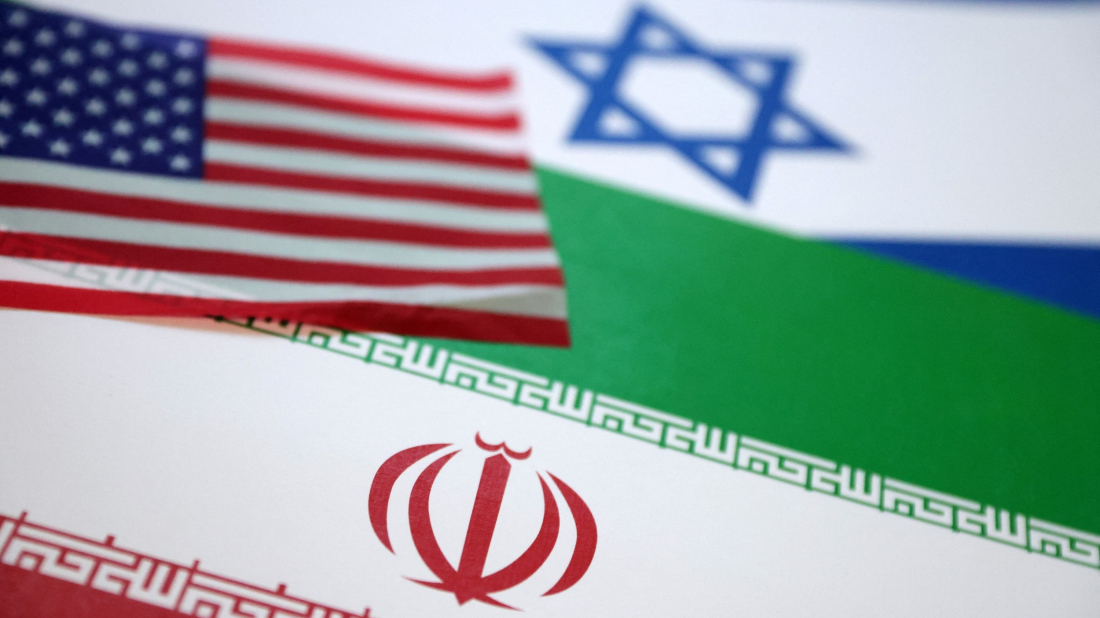
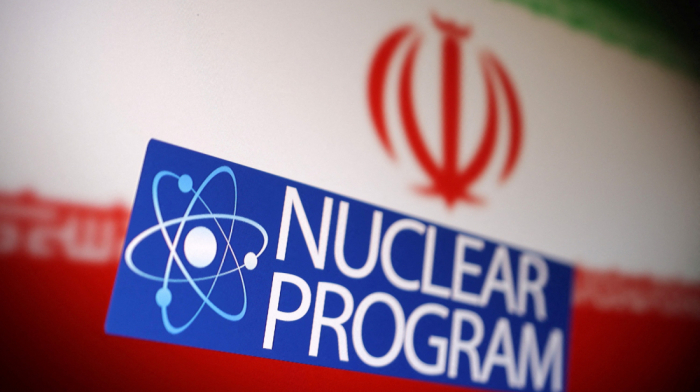
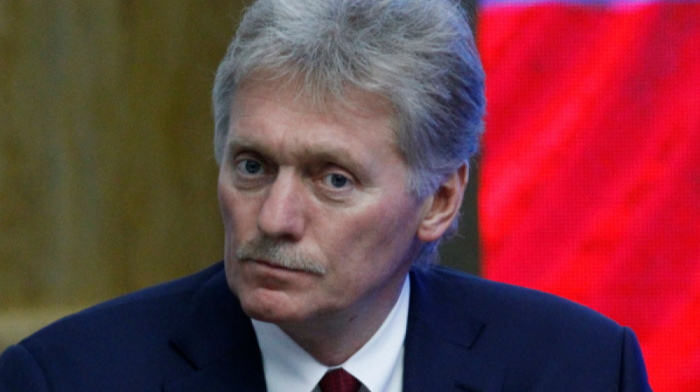
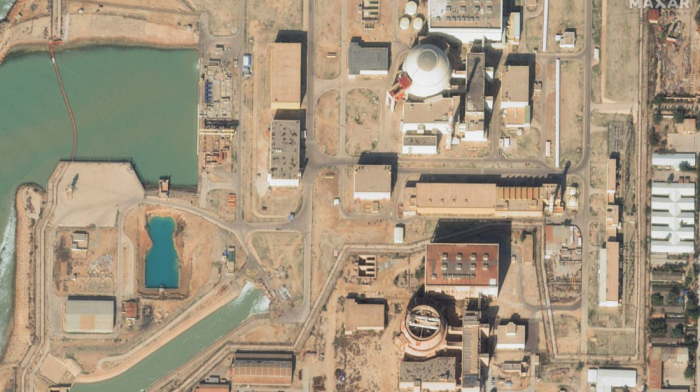

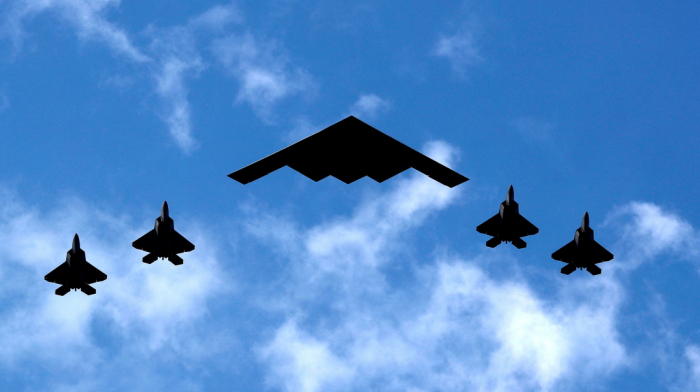

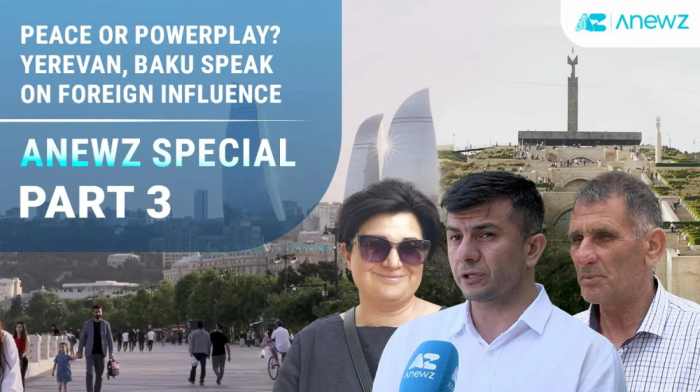
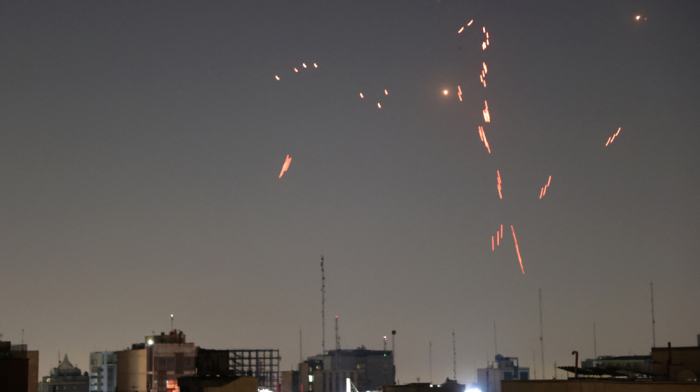
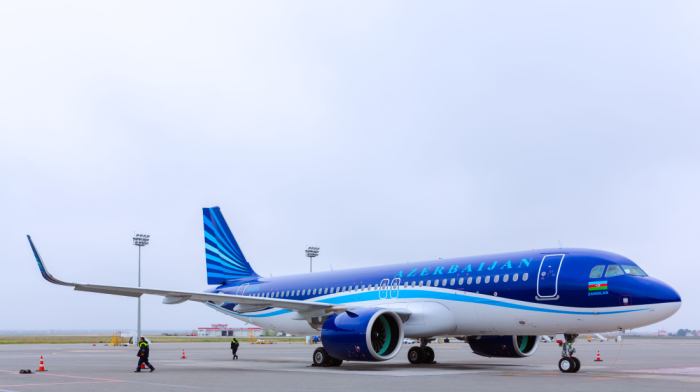
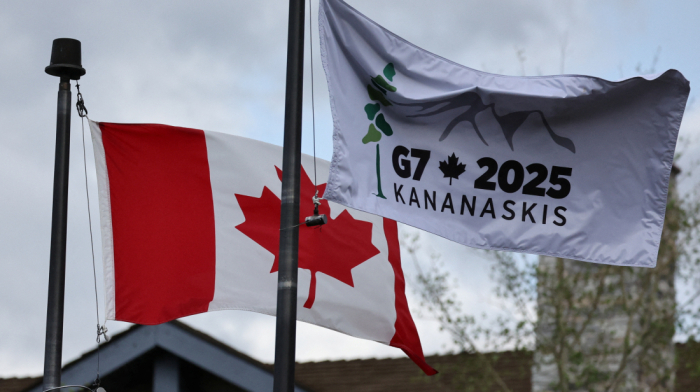
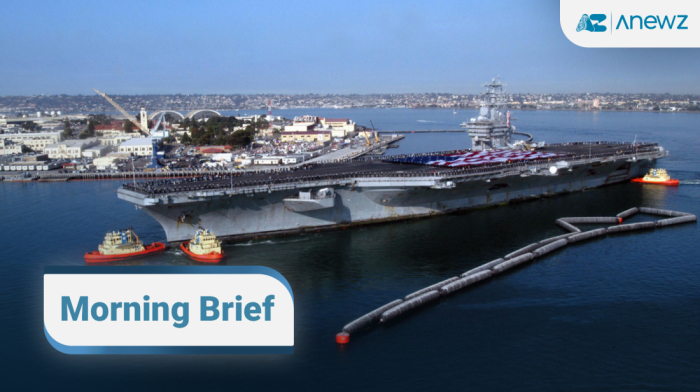
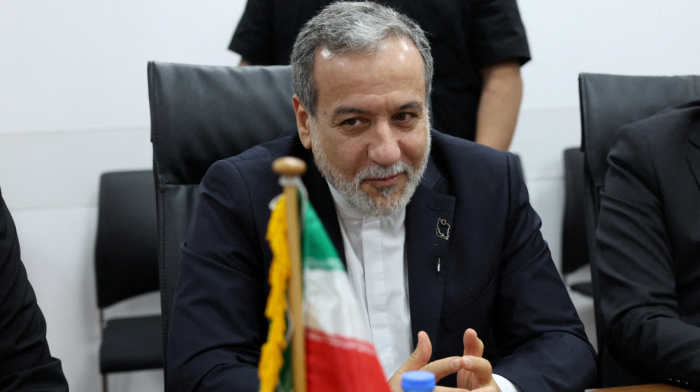
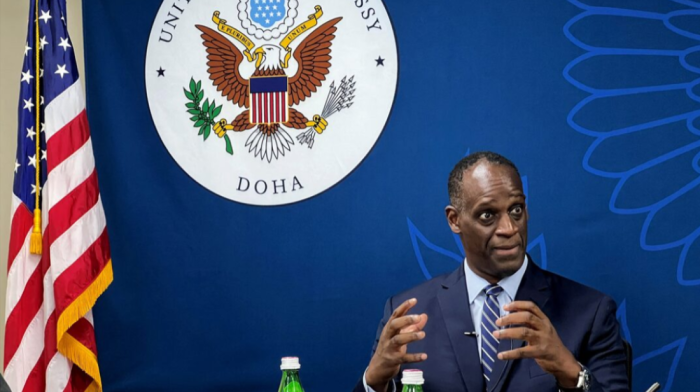


What is your opinion on this topic?
Leave the first comment